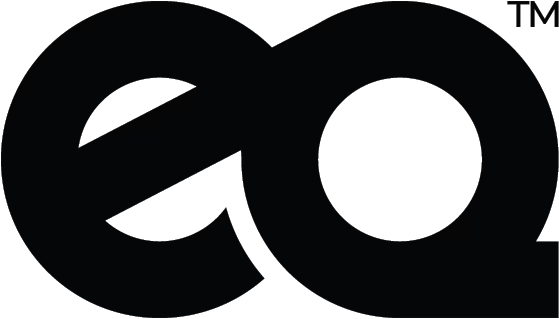In the intricate world of nutrition, there's one dietary component that often finds itself relegated to the shadows, despite its pivotal role in maintaining overall health and well-being—fibre. While carbohydrates, proteins, and fats often hog the limelight, the humble fibre quietly goes about its business, often forgotten or overlooked in our daily diets. Yet, this unassuming nutrient plays a crucial role in our digestive health, partitioning of nutrients and much more. In this blog, we will shed light on why fibre is so important and how you can get more into your diet!
Dietary fibre plays a pivotal role in promoting digestive health. It facilitates this by promoting regular bowel movements, reducing the risk of digestive issues, and fostering a balanced gut microbiota. Fibre adds bulk to stool, making it easier to pass, preventing constipation, and ensuring regularity in bowel movements. This is particularly important in different phases of our fitness journey. There’s nothing worse than training on a full bloated stomach! In this article we will split it into two sections of bulking and cutting and why it’s important in any phase.

Dietary fibre when bulking is imperative! Majority of individuals are under consuming fibre in their diet. It is often gone unaddressed as individuals tend to go for more ultra-processed foods (especially in a bulk) which aren’t necessarily high in fibre. Fruits and vegetables which we know are high in fibre often get left out during this particular phase. Fibre’s ability to slow nutrient absorption can also help maintain stable blood sugar levels, preventing energy crashes during exercise.
Moreover, a healthy gut, fostered by fibre intake, enhances nutrient absorption, facilitating muscle growth and repair! Another aspect as to why fibre is so important is the fact that fibre, as we know, plays an imperative role in bowel movement. If we are consuming dense high-calorie foods without the presence of adequate fibre, it can often leave our workouts worse off as our stomach can be in an uncomfortable position.

When it comes to weight/fat loss, dietary fibre plays a critical role by aiding in appetite control, managing calorie density, regulating blood sugar levels, and influencing gut hormones. High-fibre foods are inherently more satiating, helping individuals feel full for longer periods and reducing overall calorie intake.
Many fibre-rich foods, such as fruits, vegetables, and whole grains, have a lower calorie density, allowing people to consume larger portions while managing calorie intake effectively. Additionally, soluble fibre can slow down the absorption of sugar, stabilising blood sugar levels and diminishing cravings for sugary, calorie-dense foods.
No matter the journey you’re on in your fitness journey, dietary fibre is a crucial component! Here at EQ, we have formulated our products with all of these things in mind. Below, you’ll see our extremely popular 1000+ XL calorie cookie. This particular product was designed to feed the hungry - for individuals that do not have access to the necessary foods in order for the body to function on a daily basis. With this in mind, we included a total of 15 grams of fibre!

Achieving muscle-building and weight loss goals also requires attention to factors such as protein intake, overall calorie balance, and a suitable exercise regimen. For personalised dietary and fitness recommendations tailored to individual goals, we recommend consulting with a healthcare professional or a registered dietitian for exact plans!








